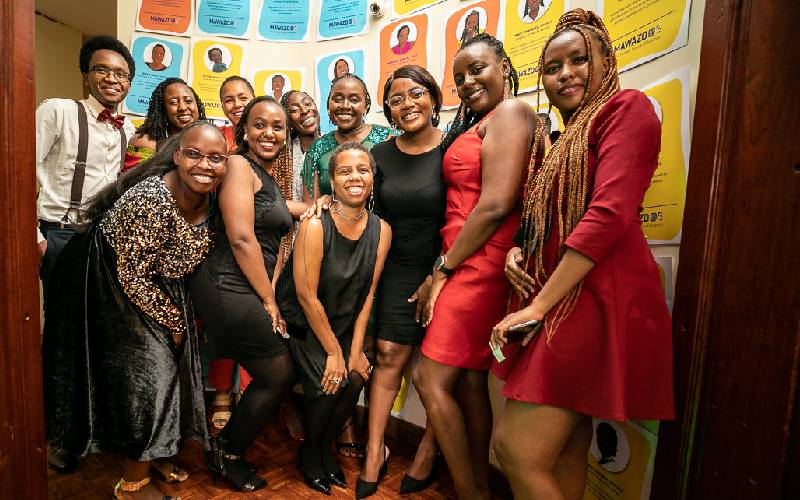×
The Standard e-Paper
Kenya’s Boldest Voice

The faces behind the organization- Mawazo Team.
As the world marks International Women's day, empirical evidence shows that, globally, women remain underrepresented in research and as a scientific field.